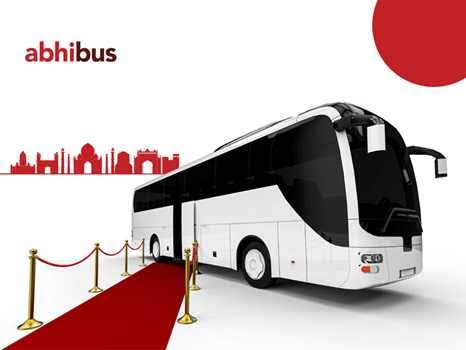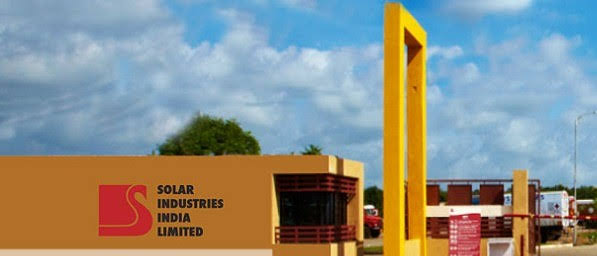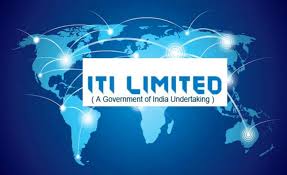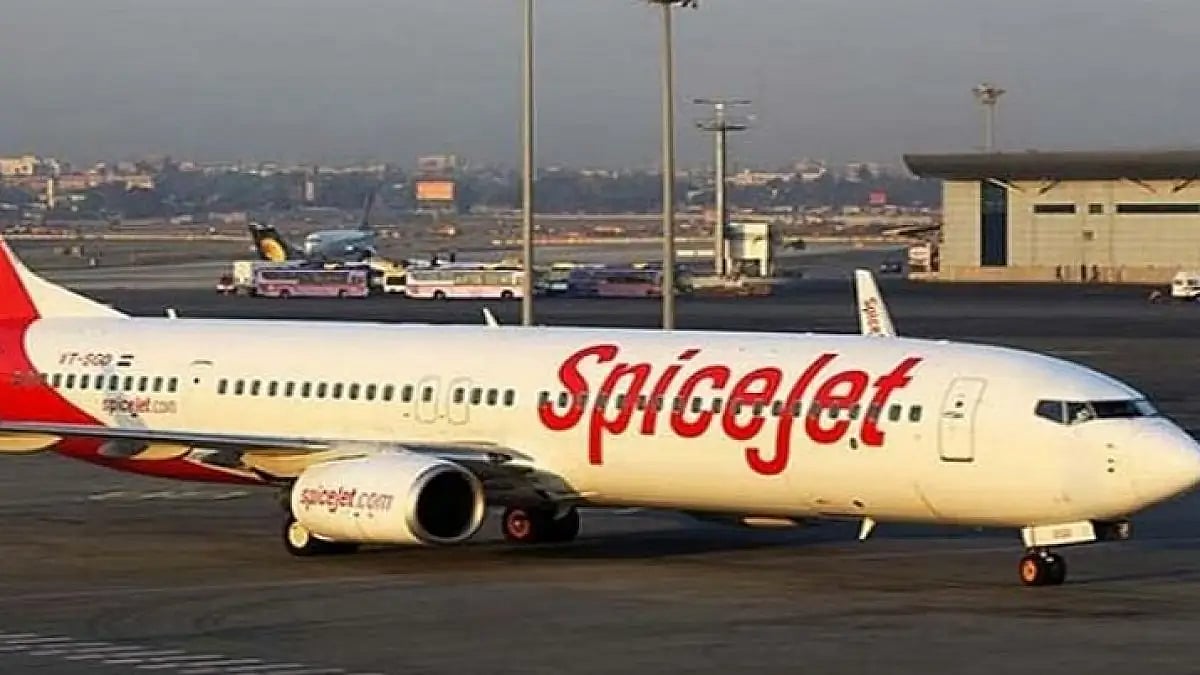
Follow WOWNEWS 24x7 on:
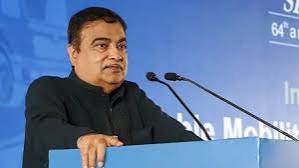
In a significant move towards modernizing India’s transport infrastructure, the Ministry of Road Transport and Highways (MoRTH) on September 3, 2025, held a State Consultation Conference in New Delhi. The consultation focused on soliciting views and suggestions from state governments and union territories to shape forthcoming policies aimed at easing urban congestion, upgrading state roads, promoting sustainable construction practices, and reforming land acquisition laws. The meeting was led by Union Minister Nitin Gadkari, alongside ministers of state Ajay Tamta and Harsh Malhotra, emphasizing a collaborative approach between the Centre and states to align infrastructure efforts with regional needs.
Key Policy Discussion Points at the Consultation
Urban Decongestion Policy
The ministry presented the draft Urban Decongestion Policy, targeting traffic bottlenecks on National Highways running through cities with populations above one lakh.
The policy proposes constructing access-controlled ring roads, bypasses, and elevated corridors to divert traffic away from crowded urban centers.
A crucial element is the close integration of these highway projects with city master plans to ensure coordinated urban growth and prevent unplanned expansion along highway corridors.
Flexible financing models will be explored, including cost-sharing between the Centre and states and value capture financing techniques to ensure sustainable funding.
Promotion of Waste Reuse in Highway Construction
MoRTH highlighted plans to promote using inert waste from urban landfills as construction material in highway embankments.
This initiative is expected to reduce dependency on natural soil, cut construction costs, and address growing urban solid waste challenges.
Pilot projects have demonstrated the feasibility of this approach on projects like the UER-II in Delhi and the Ahmedabad–Dholera Expressway.
The ministry has mapped 15 landfill sites holding about 50 percent of India’s legacy waste and proposed memorandums of understanding with municipalities to facilitate the supply of inert waste for highway projects.
State Road Development Policy
The draft policy seeks to upgrade high-traffic state highways to four lanes or more, enhancing connectivity at the state level.
It includes a cost-sharing framework between the Centre and states to support these upgrades financially.
The policy encourages public-private partnerships (PPP) to attract private investment and expertise for state road development.
Amendments to National Highways Act, 1956
To facilitate faster and more transparent land acquisition processes, the ministry proposed amendments aimed at streamlining compensation mechanisms and strengthening dispute resolution.
The ministry also called for stricter enforcement of the Control of National Highways (Land and Traffic) Act, 2002, with enforcement powers delegated to district magistrates to efficiently prevent encroachments along highways.
Consultation Outcomes and Next Steps
Senior MoRTH officials presented detailed proposals with inputs from the Ministry of Housing and Urban Affairs and municipal bodies such as the Municipal Corporation of Delhi.
Representatives from states and UTs actively participated, sharing their regional priorities, challenges, and successful practices in road infrastructure and urban planning.
The ministry stressed that the feedback received will be thoughtfully incorporated to ensure that the final policies are practical, regionally adaptive, and supportive of sustainable infrastructure development.
The collaboration aims to deliver policy frameworks that bolster India’s economic growth, improve urban mobility, and lay the foundation for inclusive and environmentally responsible development.
This consultative approach demonstrates the ministry’s commitment to working closely with states in developing world-class highway infrastructure that integrates urban and regional development goals. The policies under discussion are expected to accelerate India’s road network modernization while addressing key challenges of congestion, waste management, and land acquisition.
Source: Economic Times, Press Information Bureau (PIB) India, Daily Excelsior
